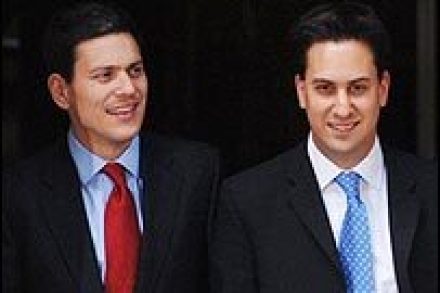Labour’s Category Error
Have you been impressed by Labour’s response to their election defeat? Hmmm. Next question: is anyone listening to Labour’s complaints that the Liberal Democrats have “betrayed” themselves and everything that is nice and sweet and wholesome about this pleasant land? Best move on from that one too. Sunny Hundal makes a good argument that, at the very least, it is much too soon for Labour to be taking this line. It’s a good post but it misses one trick, I think: Labour continue to suffer from the category error of believing that liberals are really Labour voters who don’t quite realise this. But this is not the case and it’s
















